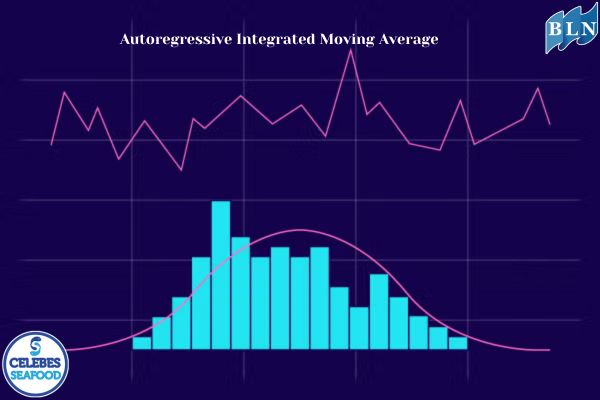The Remarkable Range of Atlantic Mackerel Distribution
By. Nevanda - 12 Oct 2023
lautnusantara.com - The Atlantic distribution of mackerel refers to the area in the Atlantic where mackerel are usually found. Atlantic mackerel is a species of fish widely found in the North Atlantic and South Atlantic waters. It is an important target for the fishing industry in many countries.
The distribution of Atlantic mackerel usually involves two main species:
- North Atlantic mackerel (Scomber scombrus): This is the species of mackerel found in the North Atlantic, from North America to Europe and most areas of North Atlantic waters. North Atlantic mackerel are migratory fish that move north during the summer and return south during the winter.
- South Atlantic mackerel (Scomber colias): This species is found in the South Atlantic region, including the waters around South America and along the coast of Africa. South Atlantic mackerel are usually smaller than North Atlantic mackerel.
Read also: The Vital Role of Seagrass in the Fishing Industry
Atlantic mackerel tend to inhabit the following regions:
- Warm and Cold Waters: Mackerel can be found in waters with temperatures ranging from 10 to 20 degrees Celsius. They prefer temperate waters, but are able to adapt to a wide range of temperatures.
- Epipelagic Zone: Atlantic mackerel are pelagic fish, which means they live in the epipelagic zone, which is the zone of sea surface waters where sunlight can still penetrate. They approach the sea surface in search of food.
- Ocean Current Regions: Mackerel tend to stay near areas of ocean currents that are rich in plankton and other food. They follow these currents during their seasonal migration.
- Deep Sea Zones: Although they usually live in the epipelagic zone, mackerel can also be encountered in the deep-sea zone, especially when searching for food.
The distribution of Atlantic mackerel can fluctuate throughout the year and depends on water temperature, food availability and other environmental factors. The fishing industry around the Atlantic strictly manages mackerel catches to ensure the survival of these fish populations.
Keep in mind that information on the distribution of fish species can change over time, so it's important to refer to up-to-date and authoritative sources if you want to get the latest data on the distribution of Atlantic mackerel.
Read also: The 8 Best Benefits of Eating Cuttlefish







.jpg)
